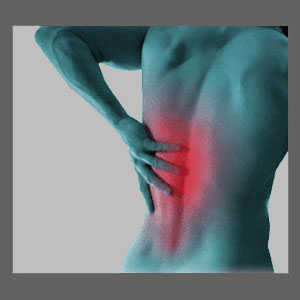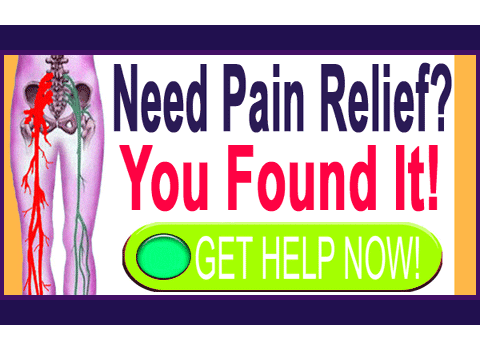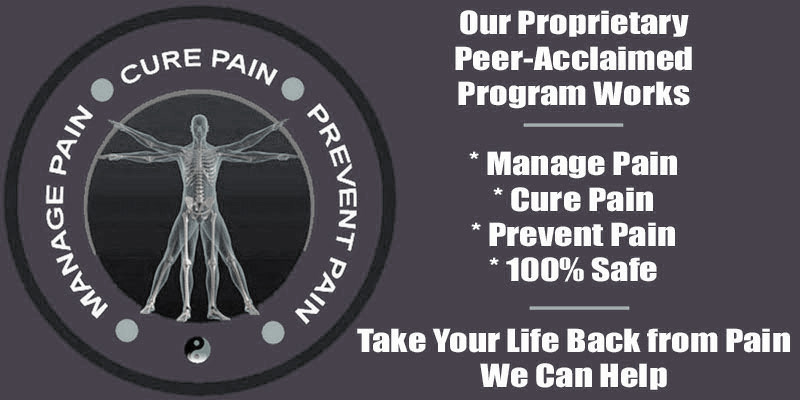
Spinal stenosis insomnia adds the possibility for increased general health threat to an already terrible degree of suffering. Everyone needs to get adequate sleep and when deprived of this necessity, we can all suffer horrific consequences to wellness, mental focus and sanity. However, people who endure chronic pain require their sleep even more than the rest of the general population. When patients can not get the rest they so desperately need, they will certainly suffer increased torment at the hands of their spinal stenosis.
Insomnia is an affliction that most people suffer from in silence. Few people know how to resolve the problem and many seek to rectify it using very dangerous pharmaceutical products. Some of these products have recently been implicated in contributing to the suicides of several noted celebrities and musicians in America.
This patient guide explains the occurrence of insomnia in tandem with spinal stenosis. We will explore why insomnia occurs and how it can be managed without the risks of drug therapies.
Spinal Stenosis Insomnia Causes
Insomnia is defined as the inability to sleep or sleep soundly, especially during the normal hours when a person would rest. In essence, it is a self-induced sleep deprivation syndrome that can be caused by physical, mental or psychoemotional factors. When it comes to suffering with spinal stenosis insomnia, all three contributory factors are often at work to produce the horrible consequences.
Insomnia is often caused by nighttime pain and/or symptomatic flare-up in association with assuming reclining position. Patients might experience escalated pain when they attempt to sleep or might be woken from sleep with acute pain. Patients might also tend to worry about their health and related topics in bed, such as work, family and functionality before bed, increasing the effects of the syndrome.
Can’t Sleep with Spinal Stenosis?
Sleep is a necessary commodity for good health of mind and body. Without proper and adequate restful sleep, the body will fail and the mind will become undone. Patients might suffer any or all of the following consequences in association with periods of insomnia:
Patients might be chronically fatigued and unable to perform physical work.
Patients might be mentally fatigued and impeded in focus and cognitive ability.
Patients might suffer depression, malaise, listlessness and other troubling symptoms.
Patients might find their psychological state deteriorating progressively as they sleep less and worry more.
Patients might suffer immune system dysfunction after several days of limited sleep.
Patients’ pain scores will typically rise with each day that passes without them receiving adequate rest for recuperative purposes.
Spinal Stenosis Insomnia Solutions
Virtually all the patients we come across who admit to suffering insomnia rely on pharmacological products to help them sleep. About 30% subsist on OTC products and/or legal and illicit drug utilization to enjoy some rest. The remaining 70% ask their doctors for prescription strength (more dangerous) drugs that will literally put a manic horse to sleep. These drug therapies might be effective, but come with great health risk. Sleep drugs, as well as alcohol and illicit drugs, can cause a range of toxic consequences in the body, as well as poisoning the faculties of the cognitive and emotional minds.
Instead of drug therapies, we suggest the following practices and tips that might prove useful without any risks whatsoever:
Have an active day and try to perform as much physical activity as you possibly can in order to prepare your body to want rest at nighttime.
Despite the tendency to want to nap, try not to do so during the day. Napping can disrupt a healthy sleep cycle in people who have insomnia, basically replacing 8 hours of deep sleep with only an hour or 2 of surface sleep. Napping is fine once you have your sleep cycle at night re-established and is even recommended by many doctors.
Evaluate your mattress and pillow to see if changes might create less pain and a more comfortable position when you sleep.
Try different sleep positions, since many stenosis issues are positionally-influenced.
Do not eat or drink for at least 2 hours before bedtime.
Do not turn off the light and begin to think about worrisome things. Instead, practice quiet introspective calming of the mind and body to induce restful sleep.
Consider undertaking pain coaching, as these practices are proven to reduce suffering and prepare patients for escalated pain when and if it does occur.
Most importantly, do not become emotional about pain, Stay calm and just allow it to be. It is remarkable how this practice can actually help us to learn to minimize the threat of pain signals with a bit of concerted effort.
Spinal Stenosis > Spinal Stenosis Advice > Spinal Stenosis Insomnia





